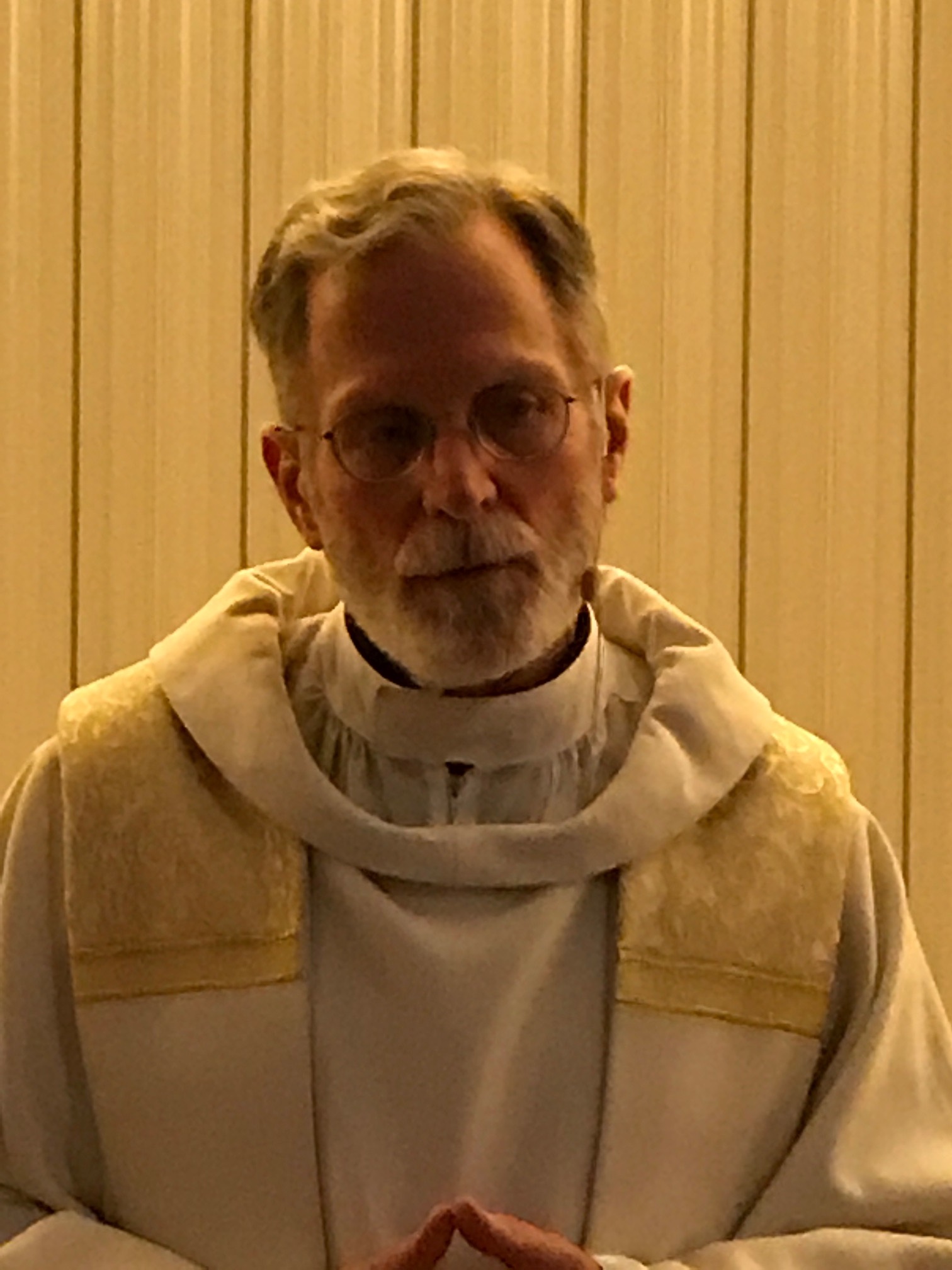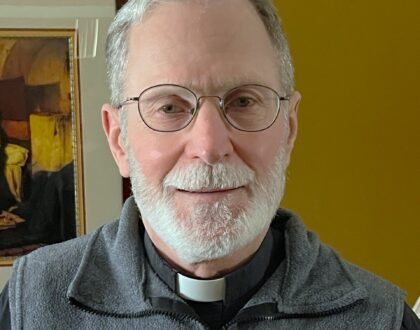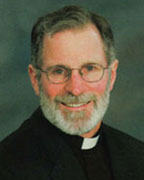Homily, November 3, 2024

From The Pastor
Even those who learned Christianity\Catholicism from the Baltimore Catechism or before, know that God is One. God is Lord alone. Further, we learned we are to love God with all our heart, soul, mind, and strength. This essential truth of our faith flows seamlessly into the comparative love of one’s neighbor as oneself. We know the words and what they mean, but what is behind them? Where did they come from and how did these two Commandments of love come to be one?
The first reading reveals the foundation of the words and their meaning. The reading urges us to ‘Fear the Lord your God…’ This is a primary example where the word fear means reverence and awe. This is not the fear of punishment, fright, or retaliation. Fear in the sense of fright or punishment will never be a secure ground to build a relationship of faith and love.
In faith, as an act of love, we reverence God through worshipful respect with awe and wonder. God is worthy of our love and adoration. Our reverential worship of God expresses our faith and trust in the sovereignty and authority of the Divine nature. This reverent worship has two expressions.
Internally, we reverence God with all our heart, soul, mind, and strength; meaning we love God with our whole self. Externally, we express our love for God actively in obedience to the Ten Commandments, love of neighbor, and personal expressions of service for the good of others. This includes our personal prayer life, our Church worship, and our rhythms of life that reflect the Christian way.
This is not a one-way street. Why are we drawn to love and reverence God, obey Divine commandments, and seek to love our neighbor? Because God has first loved and reverenced us. God reverences and honors all that God has made in love, for love, and out of love to reveal the Divine nature in all created things. This is God loving us from his inner nature. In an active and outer way, God reverences us through the Incarnation of Jesus. God seeks to be one with us in real and personal relationships. God freely chooses to share our human nature in the person of Jesus. This is a profound act of reverence and honor that God would come in human flesh showing us the fulness of what we can be in Christ. In Jesus, God shows us what is possible for human beings who live the way of surrendering love for the sake of others. God’s love for us is not sentimental. God’s love is real, active, and personal in the life of Jesus. Nor can our love for God be mere spiritual sentiment. It must be expressed from hearts of love put into action for the good of others. Jesus is God’s love for us put into action through his life and death that we might imitate his example.
Our love and reverence of God is born and flows from the love and reverence God has already shown us. Too often, we think we must earn and work our way to God through our own efforts. In our desire for God, we seek to please God by obeying rules and following the ways of Church and religion. This is a good thing. However, it does miss a critical point.
Christian spirituality is a relationship between God and the self. God holds each of us with immeasurable value. Each of us is unique and we each have a personal way of knowing, seeking, experiencing, and loving God. As human beings, we all seek and build a personal sense of identity. As we mature through the years, ideally, so does our sense of self. Through the normal selfishness of youth, we have all matured to our present age through many different faces of personal identity. Our image of self and our image of God will naturally mature through the years as our immaturity falls away.
In the end, we have only one true identity; the Christ-self. What we seek in God through faith, religion, and Jesus, we already have. God is already in each of us. When we find or realize our true self, our passion, our greatest meaning, we will find God there. There is not one answer for all. Who has God created you to be? Where or how do you most know and experience God in your life?
In this way you discover and awaken more fully to yourself and to God. This will become your joy and hope with a deep realization that you are with God and God is with you. This is the purpose and intention of an ordered life through the Ten Commandments. These are intended to guide and direct us through the missteps of life to find our way to God who is already in us waiting to be realized and embraced.
It is from this inner space that we most fully reverence, honor, and worship God. This is the wisdom of the words of Jesus. Love God with your whole self to the best of your ability, despite any failure or loss. Knowing yourself in God will open you to self-love. In self-love you will more fully love God. Then loving your neighbor will be the most natural and satisfying thing to do. You will be at home to yourself and with God. It is an arduous path. Never forget that the Light/Love you seek is already there. Love God, yourself, and others.
Father John Esper
Recent Sermons

Homily, March 30, 2025
March 27, 2025

Homily, March 23, 2025
March 20, 2025

Homily, March 16, 2025
March 11, 2025

